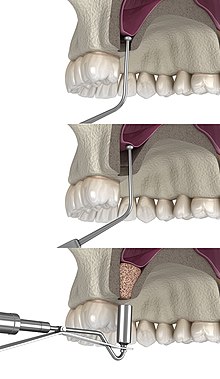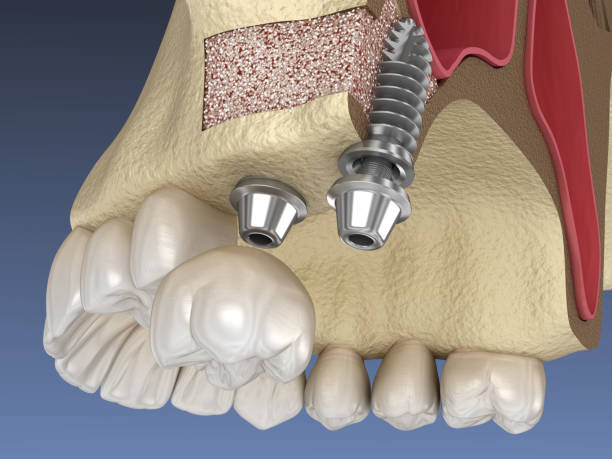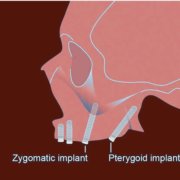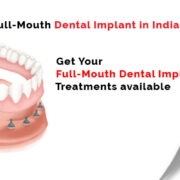When you get zygomatic implants, your surgeon will make an incision beneath each cheekbone to access the cheekbone. That’s why it’s important to choose a skilled surgeon who has experience performing this procedure on patients. If something goes wrong in your case, you may end up with a very visible scar under your cheekbones. Additionally, because of the location of the incisions, you may suffer from post-operative sinus issues. This is most common in people who already have problems with their sinuses before getting implants. Here’s what you need to know if you get zygomatic implants and sinus lift procedure.
What is a sinus?
A sinus is an air-filled structure within the bones of the face. There are several types of sinuses in the human body, but we’ll focus on the ones located in the face. The sinuses in the face are found on the forehead, cheeks, and nose. Their purpose is to regulate air flow and temperature. They are also important for immune system function. If the sinuses become clogged, they can lead to infection, pain, and even a loss of smell. People who have had to deal with chronic sinus issues know how difficult it can be to manage day to day life.

What is a sinus lift?
A sinus lift refers to the augmentation or lifting up of the maxillary sinus to make more room for new bone. The maxillary sinuses are air-filled cavities that are located just above the back portion of the maxilla or upper jaw.
Do you have sinus lift issues ?
If you have chronic sinus issues and decide to get zygomatic implants anyway, it’s important to keep an eye out for signs of infection. Just like with any surgery, there is always a risk of infection. It’s even more likely post-implant because your incisions are located in an area that’s particularly hard to disinfect. If you notice any of these symptoms, it’s likely that you have an infection:
- Fever that doesn’t go away with antibiotics
- Swelling and pain around the incision site
- A foul smell coming from your mouth
- Difficulty breathing and swallowing
- An increase in mucus and/or blood coming from your nose
Visit an ENT for sinus lift
If you notice any of these symptoms, you should see your doctor right away. They may decide to do a CBCT scan to get a better look at your sinuses to see what’s going on. Other times, they may send you to an ear, nose, and throat (ENT) doctor who specializes in the head and neck. An ENT can decide if you need antibiotics or another treatment. If you do need antibiotics, it’s important to finish the full course of treatment. Even if your symptoms go away, you need to finish the antibiotics to avoid complications like antibiotic resistance.

Sinus Lift Procedure
There are a few things you can do to reduce the risk of developing sinus issues after getting zygomatic implants. First and foremost, you need to make sure that your surgeon is skilled in the procedure and has a good track record. Next, you should do everything you can to maintain a healthy lifestyle after the surgery. That means taking care of yourself, eating healthy food, and getting plenty of sleep. And finally, you can ask your doctor about using a decongestant or nasal spray to help reduce swelling in your nasal passages.
Sinus Lift procedure time
The sinus lift procedure is a safe and straightforward procedure. A sinus augmentation is generally performed at the prosthodontist’s or oral surgeon’s clinic just before placing implants. The entire process takes between 90 minutes to two hours. First, the patient is sedated using local and/or general anaesthesia.

Treatments for Sinus issues after Implants
If you have chronic sinus problems, it’s best to try to address the root cause before getting implants. If you do decide to get them despite your history of sinus issues, there are a few things you can do to reduce the risk of developing complications.
Make sure your surgeon has experience performing this procedure and is skilled at it.
Ask your surgeon about the type of implant they recommend for your specific case.
Ask about post-operative instructions, and follow them carefully.
Stay healthy both before and after the surgery.
Use decongestants or nasal sprays as needed.
Finally, if you do end up with post-operative sinus issues after getting zygomatic implants, it’s important to talk to your doctor about how to proceed. There are a few different treatments that they may recommend, so make sure to discuss all your options.
To do that we have included a brief overview of anatomy, indications for use and common surgical techniques for placement of these implants. Keep reading for more information on how you can integrate these procedures into your dental practice.
Final Words
Zygomatic implants can be a great way to achieve a beautiful, natural-looking smile. Unfortunately, they may lead to post-operative sinus issues in some cases. If you have chronic sinus issues and get implants, you need to be careful to keep an eye out for signs of an infection. This isn’t an issue that will go away on its own. If you notice any of the symptoms above, you need to see your doctor immediately. That way you can get treatment and move on with your life.
Follow Us For More Updates





